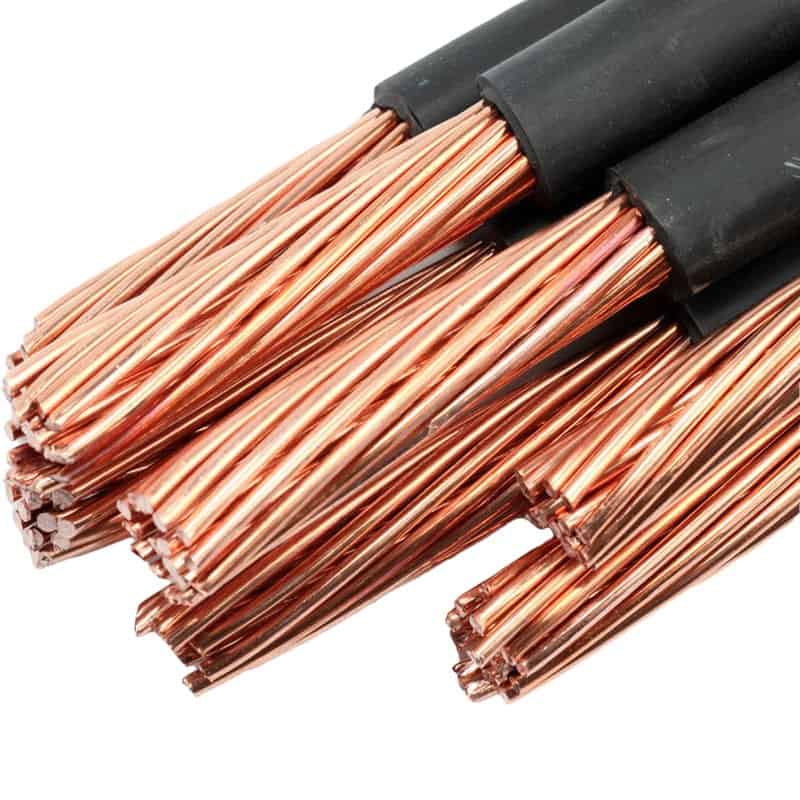When it comes to electrical wiring, the choice between aluminium and copper wires has been a subject of debate for decades. Both materials have their own set of advantages and disadvantages, and the decision on which one to use depends on various factors such as cost, conductivity, weight, and environmental impact.
Conductivity:
Copper is known for its superior electrical conductivity compared to aluminium. This means that copper wires can carry more current with less resistance, resulting in lower energy loss and heat generation. However, aluminium wires can be made larger to compensate for their lower conductivity, making them suitable for certain applications.
Cost:
Aluminium is significantly cheaper than copper, making it an attractive option for large-scale electrical projects. The cost-effectiveness of aluminium wires can make them a preferred choice for long-distance power transmission and distribution systems. On the other hand, the higher cost of copper is often justified by its superior performance and longevity.
Weight and Flexibility:
Aluminium wires are lighter than copper wires, which can be advantageous in certain situations, especially for overhead power lines. The flexibility of aluminium also makes it easier to work with during installation. However, copper wires are more malleable and less prone to breakage, making them a preferred choice for applications that require frequent bending and shaping.
Corrosion and Environmental Impact:
Copper is resistant to corrosion, making it a durable choice for indoor and outdoor applications. On the other hand, aluminium is susceptible to oxidation, which can lead to potential safety hazards if not properly addressed. Additionally, the environmental impact of both materials should be considered, as copper mining and extraction have significant environmental consequences compared to aluminium production.
Compatibility and Standards:
It's important to consider the compatibility of the chosen wire with existing systems and standards. While both aluminium and copper wires are widely used, there are specific codes and standards that govern their usage in different applications. Understanding these requirements is crucial to ensuring the safety and reliability of the electrical system.
In conclusion, the choice between aluminium and copper wires depends on a variety of factors, and there is no one-size-fits-all answer. While copper offers superior conductivity and durability, aluminium provides cost savings and weight advantages. Ultimately, the decision should be based on a thorough assessment of the specific requirements of the electrical project, taking into account performance, cost, safety, and environmental considerations.



